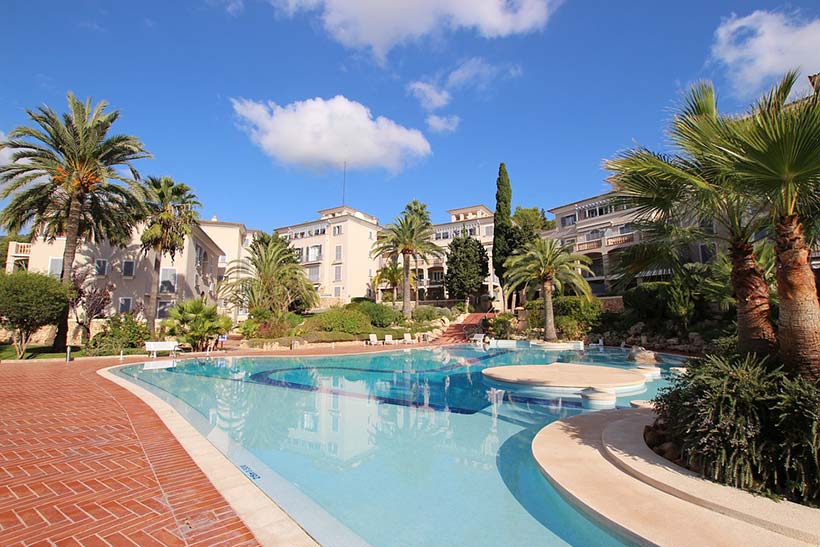Buying a property in a foreign country is a big step, and can be an intimidating process in Spain, due to the authorities’ love of paperwork.
At the legal level, buying a Spanish property consists of a specific process and compliance with a series of requirements according to Spanish law.
It’s important to have a basic knowledge of the buying process and the costs involved before you purchase.
Article Chapters
Steps to Follow
We can divide the purchase process into two distinct parts:
First Phase
This first phase encompasses property research, initial agreement and obtaining a mortgage.
Due Diligence
It is important to verify the property is correctly registered, who it belongs to, the official location and size, and that it is a debt-free property.
Mortgage
Obtaining a mortgage when necessary can sometimes be a long process, so it is advisable to start as soon as possible.
You will need to get together documents required by the bank, receive approval for the mortgage, and sign the Arras Agreement.
Reservation Contract & Advance
Through this contract, both buyer and seller state their explicit intention that the sale will proceed.
This contract is called the Contrato de Arras in Spain.
At this point, a down payment is made.
Second Phase
This second phase is related to the transfer of ownership of the property, services and various utilities, as and registering it in your name.
In the event that a loan (mortgage) is granted, it’s time for the evaluation phase of the loan.
The bank on receiving the prior agreement, will send an appraiser to evaluate the property.
Once it has established the estimate, the bank or financial institution will approve the mortgage.
Closing the Sale
To close the sale, the transfer of ownership is notarised.
Both parties provide the requested documents (identification document, title of ownership, payment, etc.); and finally, the contract is signed and authorised by the notary.
Registration
Once the taxes have been paid, the property is registered in the new owner’s name and the utilities can are transferred.
Upon registration in the Property Registry, the buyer becomes conclusively the owner of the property.
Taxes Associated with the Sale of Property
There are four different taxes that can be associated with the sale of properties, which increase to five when a foreign person Is involved.
ITP
The impuesto de transmisiones patrimoniales or estate transfer tax is a tax related to the transfer of the property.
Determining the exact amount will depend on the location of the house, as it varies according to the autonomous community, but always ranges between 5% and 10%.
As for the payment term, it must be paid within 30 days after the purchase.
Tax on Documented Legal Acts
This tax is only applicable to housing.
Again, it is around 0.75% and 1.5% depending on the region. It is usually paid with the ITP.
Surplus Value
This is a local tax charged to the seller. It goes to the town hall in question.
The amount depends the age of the house and its cadastral value.
IBI
The Impuesto Sobre Bienes Inmuebles is a property tax issued by the municipal entity in which the property is located.
It is usually between 0.5% and 1.1% of the cadastral value of the property.
If you have any questions about the process of buying and selling real estate in Spain, related taxes and how to manage your particular case, do not hesitate to contact us.
As long-established estate agents we can help you with all aspects of buying a property in Javea or the surrounding towns.

